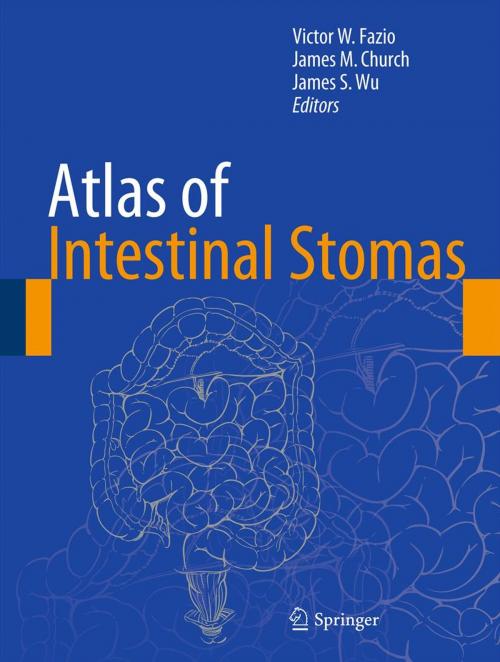| Author: | ISBN: | 9780387788517 | |
| Publisher: | Springer New York | Publication: | February 11, 2012 |
| Imprint: | Springer | Language: | English |
| Author: | |
| ISBN: | 9780387788517 |
| Publisher: | Springer New York |
| Publication: | February 11, 2012 |
| Imprint: | Springer |
| Language: | English |
Designed to provide a highly visual reference for surgeons and other members of the patient management team, Atlas of Intestinal Stomas is based on the 1967 gold standard text, Turnbull and Weakly’s Atlas of Intestinal Stomas. Additions include chapters on anatomy and physiology, biliary stomas, pediatric ostomies, the continent ileostomy, urostomy, laparoscopic stoma construction, stomas in trauma surgery, stomas for antegrade continence enema, percutaneous ostomies, and quality of life. There are also sections on ileostomy, colostomy, enterostomal therapy and on the management of complications of stomas such as management of the high output ostomy, enterocutaneous fistula, parastomal hernia, prolapse, and skin conditions.
The Cleveland Clinic pioneered the entire practice of ostomies, beginning in 1858 and continuing to this day as the world’s leading academic and clinical center. The editors and contributors are all current or former Cleveland Clinic physicians and instructors. The fundamental focus of the book is not only how to install ostomies, but how to avoid complications and how to treat complications when they arise. Atlas of Intestinal Stomas will be of great value to colorectal and general surgeons, both in practice and in training.
Designed to provide a highly visual reference for surgeons and other members of the patient management team, Atlas of Intestinal Stomas is based on the 1967 gold standard text, Turnbull and Weakly’s Atlas of Intestinal Stomas. Additions include chapters on anatomy and physiology, biliary stomas, pediatric ostomies, the continent ileostomy, urostomy, laparoscopic stoma construction, stomas in trauma surgery, stomas for antegrade continence enema, percutaneous ostomies, and quality of life. There are also sections on ileostomy, colostomy, enterostomal therapy and on the management of complications of stomas such as management of the high output ostomy, enterocutaneous fistula, parastomal hernia, prolapse, and skin conditions.
The Cleveland Clinic pioneered the entire practice of ostomies, beginning in 1858 and continuing to this day as the world’s leading academic and clinical center. The editors and contributors are all current or former Cleveland Clinic physicians and instructors. The fundamental focus of the book is not only how to install ostomies, but how to avoid complications and how to treat complications when they arise. Atlas of Intestinal Stomas will be of great value to colorectal and general surgeons, both in practice and in training.















